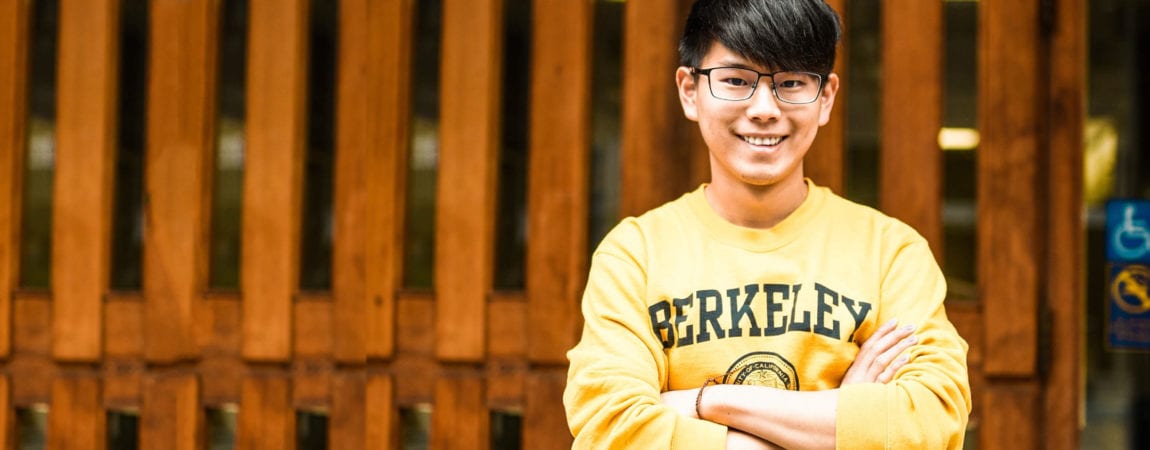On practicing magic, starting his own company, and avoiding boredom.
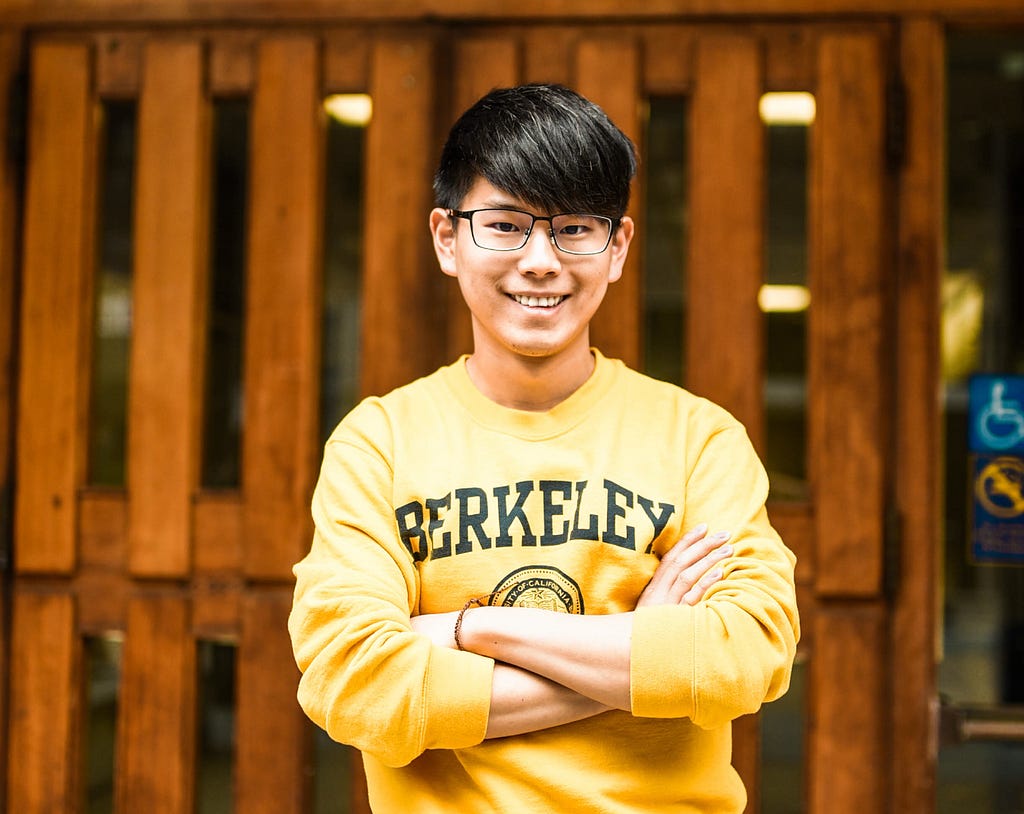
On his start in the tech industry:
“I started [writing code when I was] nine, [indulging] in robotics. In junior high, I was selected [to be on] the Taiwanese national team and competed in the World Robotics Olympiad twice: in Yokohama, Japan and in Busan, South Korea. I became seventh in the World at the age of 14. That experience molded my mind [to the idea] that age does not limit what someone with passion can achieve. Everyone has the potential to create significant impact on this world as long as he or she commit all efforts. During my undergrad, I joined J.P. Morgan as one of only seven interns in Hong Kong to work on a pioneer Natural Language Processing (NLP) project. I worked very hard to [learn everything I could] from J.P. Morgan. My project was luckily selected to be published on the internal innovation channel that was broadcasted [out to] J.P. Morgan’s offices globally. That unexpected [experience encouraged] me to carry on my focus of working on technology in financial settings, where I believe that I can leverage limited resources to achieve maximum benefits in the world.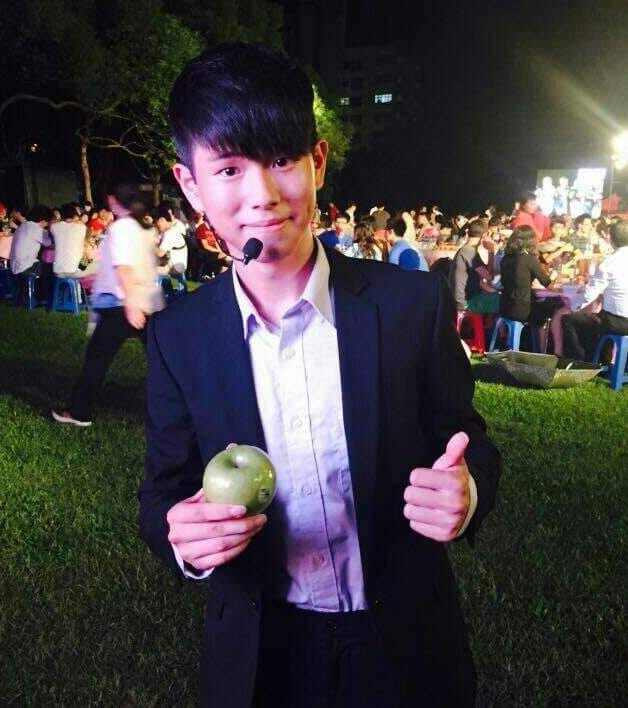
On magic:
I started [doing] magic tricks in twelfth grade. To me, magic is not only about gimmicks and techniques, but speaking and eye contact. A great magic show can be achieved with no or few gimmicks and techniques, as long as the magician can successfully persuade the audience that something super impossible has happened. When I am pitching an idea to investors, I feel like I am doing a show. I have one deck, two hands…I have to make the strangers believe in my vision and even commit to it.Learning magic actually turned me from a timid boy into an entrepreneur that loves sharing about his dreams with confidence and composure.
On his vision and founding his own company
I am working toward a future [in which the] real world and virtual world [are woven] together, [through creating] a virtual identity that connects with an identity in reality. People could do everything in the virtual world that has a direct association with their physical world, such as e-commerce, payments, transportation, documentation, healthcare, sports, education, legislation, and more. I am currently developing TuringCerts with our co-founder Lee Ting Ting, which is a blockchain-based certificate service that stores and secures all the certificates, diplomas, grading transcripts, and even educational backgrounds of students onto the blockchain. The advantages of leveraging decentralization are…seamless cross-border data exchange, GDPR-compliant privacy settings, fast verification, source tracking, authority endorsement, and a cost-effective ecosystem. I am pushing forward for broader adoption in Taiwan, Hong Kong, and the US. Currently, we have 22 government agencies and universities beta-testing the product [that] are really excited to see the next era of decentralization and digitalization of education.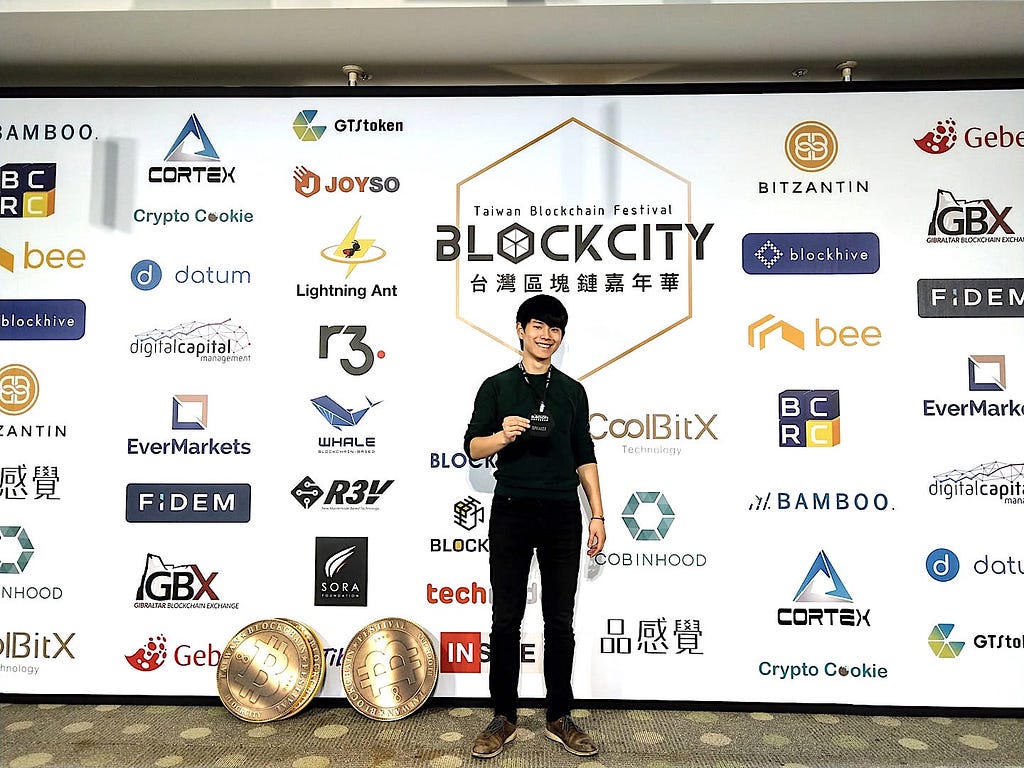
On finding balance
[During] the first week of [class at] Berkeley, I slept at 3am and woke up at 6am. I had six to eight business calls and meetings per day with partners and clients in the Asia-Pacific (APAC) region. Due to the time difference, I usually had my first call at 7am, [then ones at] 8am, 9am, and 10am. I had [four more calls in the evening], at 9pm, 10pm, 11pm, and 12am. Since I am also executing a blockchain education institute, Turing Chain Institute, in Taiwan, I had [additional] calls with the lecturer teams and operation teams to make sure the process of blockchain training goes well for every batch of the students. After the first week, I decided to twist my schedule-planning and try to automate and delegate some parts of the work in APAC to business partners. From then on, I only dealt with US-related explorations and core operations of the company, which spared me more time for school.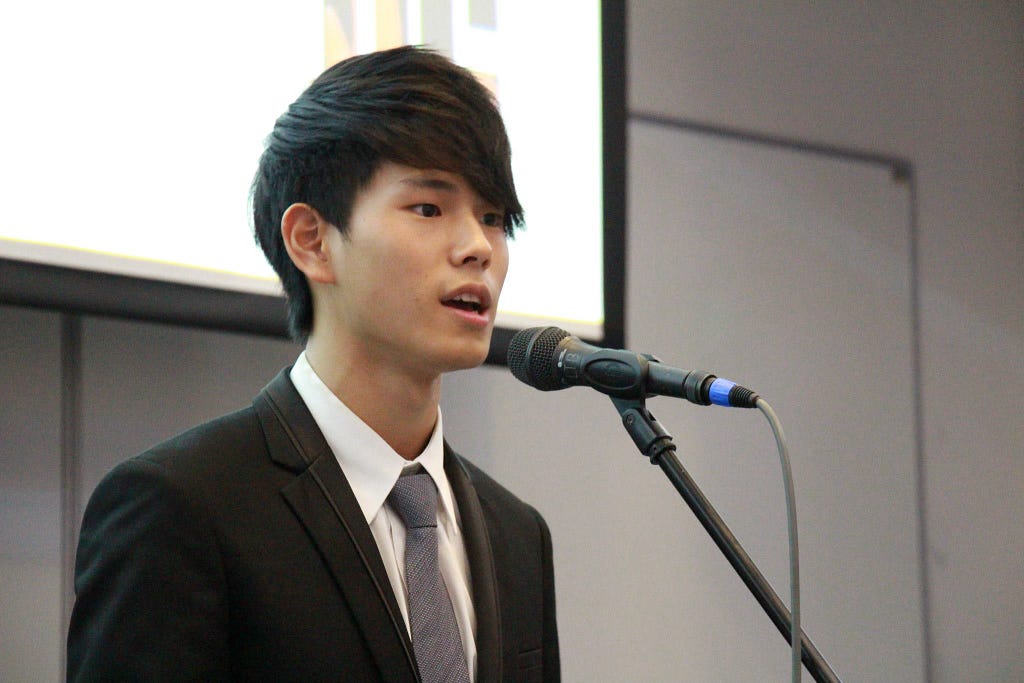
On Berkeley MEng
In MEng, I have a great chance to acquire sufficient knowledge and experiences [in] both business operations and technical hard skills. As the Chief Executive of my company, I spend most of my time doing fundraising, contract dealing, and [finding] partners, rather than programming, though I was a serious programmer throughout my undergraduate career.MEng allows me to find the right balance between business and technology with an aim to move my company forward. Through the UC Berkeley MEng program, I can not only learn from courses, but also be part of the Berkeley community and expose myself to a significant number of opportunities.When I check out the entrepreneurial-relevant resources on Begin@Berkeley and the ones provided or affiliated with Berkeley MEng, I can never finish reading the list. There are so many great opportunities to explore and seize, which I truly believe that which will buy me a ticket into the core of the Valley.
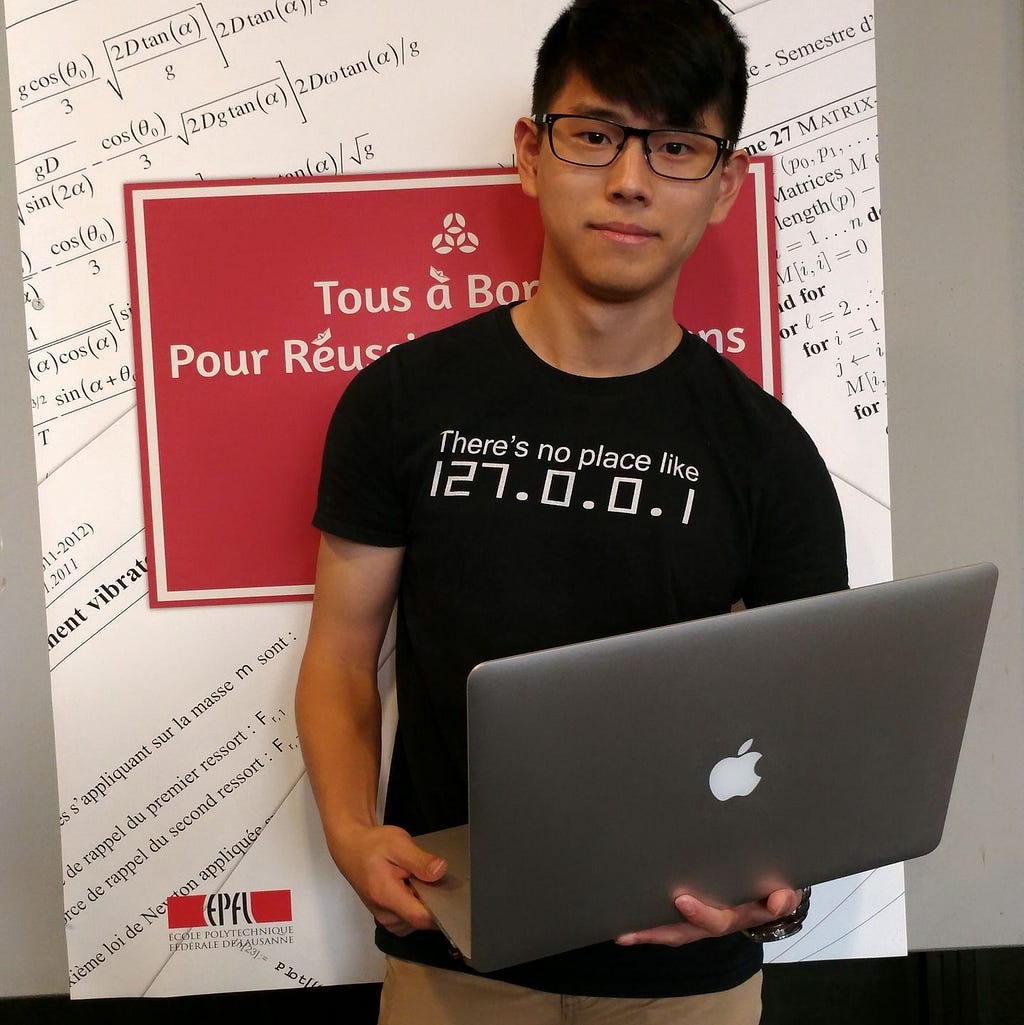
On motivation and learning from those around him
I never wanted to be a programmer that works for some other company and on projects that I am not interested in. [When I was] young, I decided to start [my own] firm, which [I accomplished] when I was eighteen. I think my motivation came from “easily being bored.” I cannot hold on to something that has no impact in the world, or cannot bring welfare to society. I love changes and challenges as well, and usually founding a company can be much riskier than finding a job, which suits my appetite. UC Berkeley is one of the best places for me to step in Silicon Valley, and its MEng program grants me the wings to take off. To seamlessly immerse myself in the US environment, I set up a lot of [one-on-one] coffee chats with new friends at UC Berkeley around topics of backgrounds, motivations, dreams, and even business partnership potentials. This allowed me to quickly learn from others and know my new direction in the US for market exploration. I am still doing this every single day because there are so many talented and interesting people at UC Berkeley that I wish to meet. Connect with Jeff (Yao-Chieh). Fung Features is a series dedicated to showcasing the Fung community from various cohorts and backgrounds and learning more about their lives and their stories. If you’re interested in being featured, email funginstitute@berkeley.edu!Fung Feature: Yao-Chieh Hu, MEng ’20 (IEOR) was originally published in Berkeley Master of Engineering on Medium, where people are continuing the conversation by highlighting and responding to this story.


